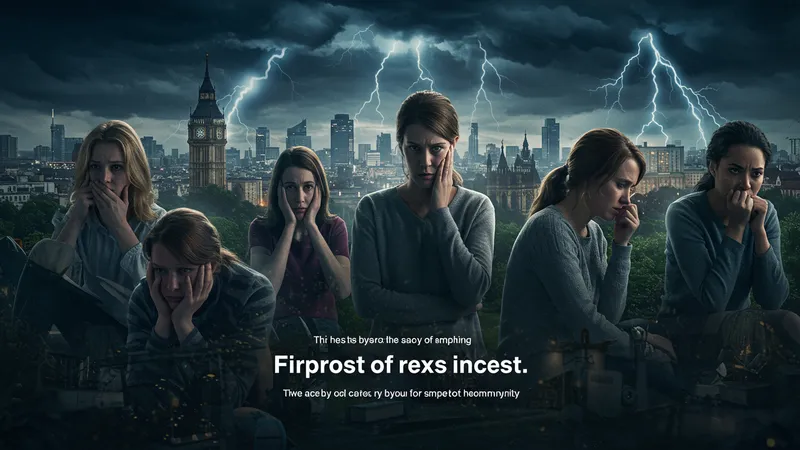
Understanding Anxiety: A Complete Guide
Anxiety is a natural emotional response that everyone experiences at some point, often triggered by stressful events or uncertainty. However, understanding what anxiety truly is, how it manifests, and its various impacts can be far more complex. A comprehensive guide to anxiety unpacks the psychological, emotional, and social facets of this condition, breaking down why anxiety feels different for everyone and addressing its influence on everyday life in the United Kingdom. By exploring the core concepts of anxiety and navigating available support strategies, this guide aims to shine light on what can often seem like an overwhelming or confusing topic.
Unlike momentary nervousness, anxiety can become persistent, affecting thoughts, moods, and even physical health. In the UK, social attitudes towards mental health are changing, making it increasingly important to recognize the signs of anxiety and the varied ways it can present. This complete guide delves into the triggers, symptoms, and management practices for anxiety, helping individuals and those around them make sense of the experience in a well-informed and practical way.

- NHS Generalised Anxiety Disorder (GAD) Support – A free service offered by the UK’s National Health Service, providing information, self-help guides, and access to local treatment pathways.
- Mind Anxiety Resources – Mind, a major UK mental health charity, offers advice, helplines, peer support, and digital tools. Most support is free or donation-based.
- Anxiety UK Membership – Membership starts at £40 per year and provides access to therapy discounts, helplines, webinars, and exclusive resources tailored to various anxiety disorders.
One distinguishing feature of this guide is its emphasis on evidence-based support available within the United Kingdom. For example, the NHS Generalised Anxiety Disorder (GAD) Support system integrates easily with other NHS services, offering a consistent and trusted route for those seeking assessment or therapy. Access to these services is a cornerstone of effective anxiety management, especially for those unsure where to begin their journey.
Another notable resource highlighted is the availability of charitable support in the UK. Mind Anxiety Resources provides accessible information, opportunities for peer connection, and guidance tailored to a wide range of anxiety experiences. Mind’s digital tools and helplines are particularly valued by individuals seeking non-judgmental support outside a formal clinical setting.
Membership-driven platforms such as Anxiety UK offer exclusive access to in-depth resources, expert webinars, and discounted therapy. While not entirely free, the membership pricing is intended to maximize accessibility, ensuring members can benefit from up-to-date information and support networks relevant to their unique experiences with anxiety.
By exploring these support platforms and understanding how they integrate with the lived experience of anxiety in the UK, readers can grasp how both public and charitable sectors work in tandem to address mental health. The evolving landscape reflects broader societal recognition of anxiety as a legitimate, manageable challenge—one that responds best to informed action and connected support systems. The deeper details reveal even more valuable insights ahead as we examine the components of anxiety in everyday life across the United Kingdom.